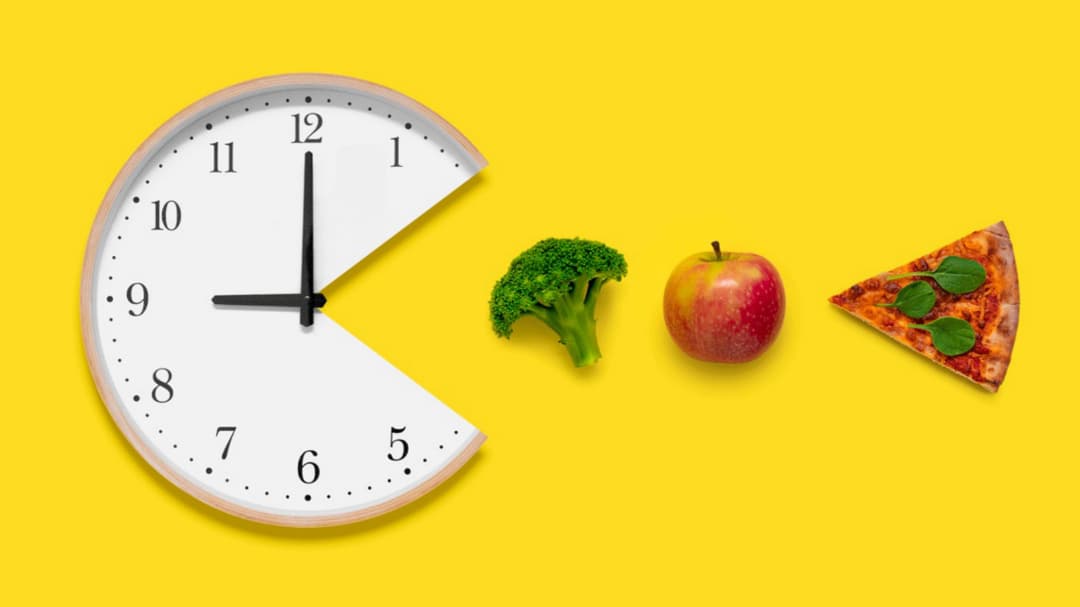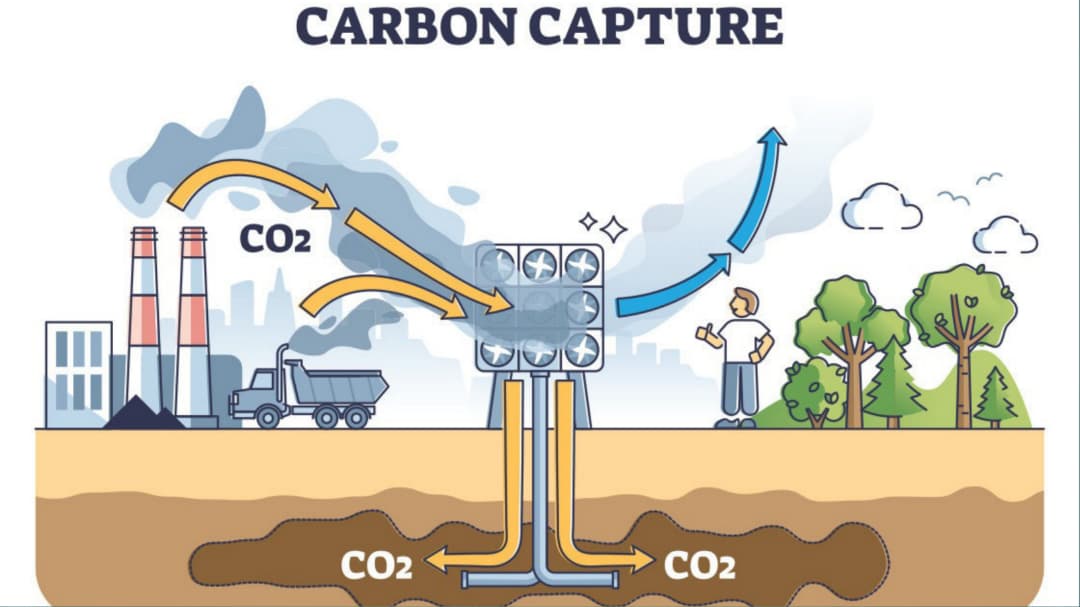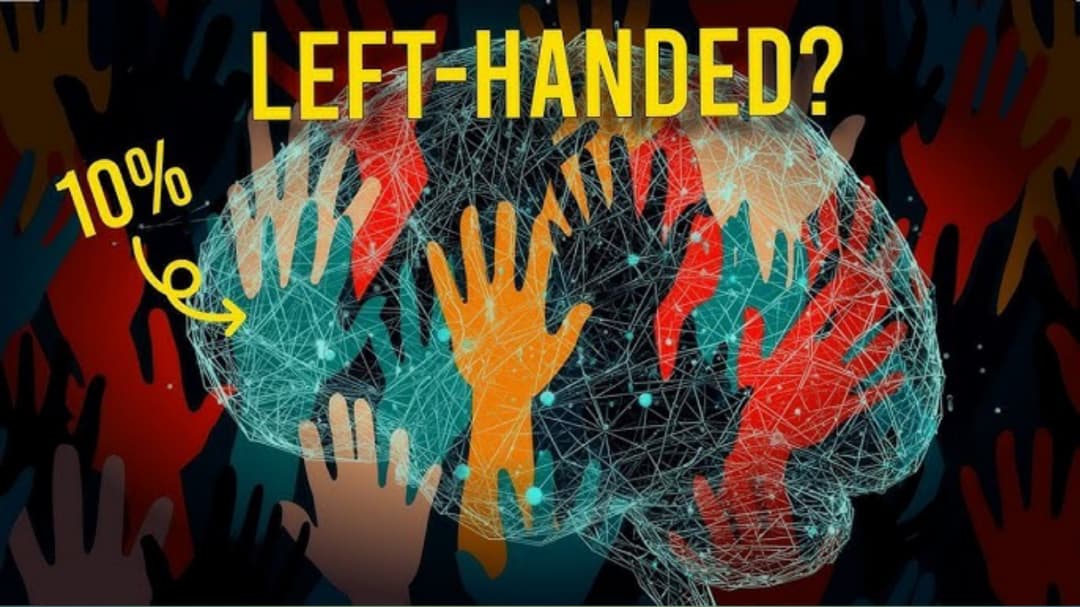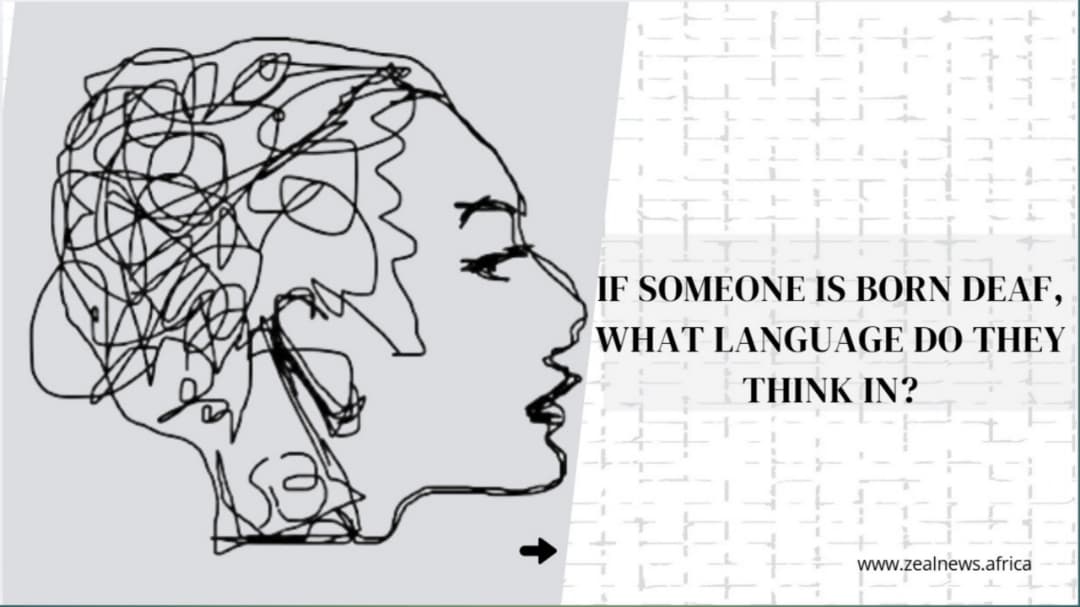The Hidden Science of Our Everyday Lives
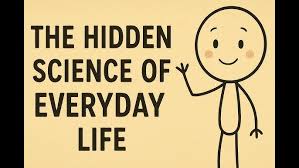
Science often feels like something reserved for laboratories, white coats, and complex equations. But in truth, science lives in the rhythm of our everyday life, hidden in the sizzle of breakfast, the glare of Lagos traffic, and even the way we scroll through our phones. Every decision, reaction, and convenience we take for granted rests on invisible scientific laws quietly at work behind the scenes.
Across Nigeria, science is not some abstract concept; it’s woven into the fabric of daily survival. Understanding this hidden presence can reshape how we value learning, innovation, and the very idea of progress.
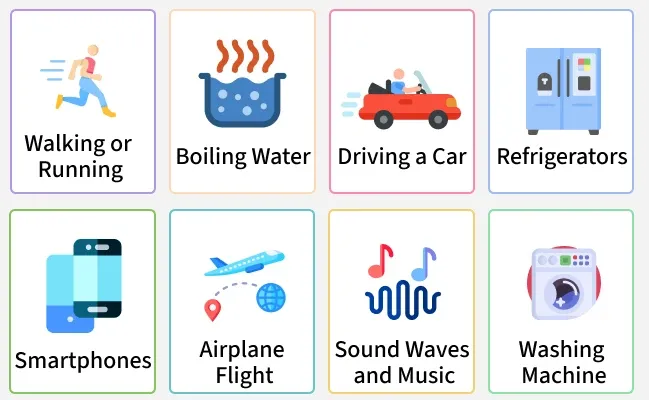
The Chemistry in Your Kitchen
Step into any Nigerian kitchen at dawn, and you’ll see chemistry at its liveliest. When garri turns into eba under heat, what’s happening isn’t just cooking, it’s gelatinization, the process where starch molecules absorb water and swell, giving food its texture. When we fry plantain, the golden-brown color is caused by the Maillard reaction, a chemical dance between amino acids and sugars that produces flavor and aroma.
Even something as ordinary as boiling water is rooted in thermodynamics; the study of heat and energy transfer. Our ancestors didn’t need to know the formulas, but they mastered the principles intuitively. Science, after all, is not new to us; it has always been part of how we survive.
Think of fermentation, the natural process behind ogi or palm wine. Long before Nigerians had laboratories, they practiced microbiology at home, using bacteria and yeast to transform food. These are biochemical reactions that modern industries now replicate in billion-naira beverage and pharmaceutical factories.
Science isn’t foreign; it’s familiar, only hidden beneath everyday actions.
Physics on the Road
The Nigerian road is chaos and physics combined. Every okada maneuver, every bus stop dash, every driver slamming brakes at Mile 2, it’s physics in motion. When a driver complains that his brakes aren’t “catching well,” he’s describing a failure in friction, the same force that allows us to walk or grip objects.
Traffic lights, speed bumps, and road designs depend on Newton’s laws of motion. The fact that a danfo can swerve without toppling over is due to its center of gravity. The vibration of a car engine, the motion of fan blades, or the heat from asphalt all trace back to the laws of mechanics and thermodynamics.
We don’t always recognize these things as “science,” but they are the very physics of daily living. The more we understand them, the safer and smarter our decisions become from crossing a busy road to managing energy consumption in our vehicles.
The Biology of Our Morning Routine
From brushing our teeth to taking a morning jog, we are practicing biology. That minty toothpaste contains fluoride ions that react with enamel, preventing decay; a small but powerful example of applied biochemistry. When we sweat under the sun, it’s our homeostatic system regulating body temperature.
Even skincare routines are biological experiments. Shea butter, aloe vera, and coconut oil all work through their chemical composition, influencing how our skin cells retain moisture. In other words, we are doing cosmetic science we just call it “self-care.”
On a larger scale, understanding basic biology helps explain everyday health decisions. Why we crave water after salty food, why sleep feels restorative, or why we feel weak without breakfast, all tie back to cellular metabolism and hormonal balance.
Science makes the invisible visible. It reminds us that every heartbeat, breath, and sensation is a biological miracle operating with perfect precision.
The Physics of Our Gadgets
Every Nigerian’s morning often starts with checking their phone, a portal powered by electromagnetism and semiconductor physics. When you swipe across your screen, it’s not magic; it’s capacitive sensing detecting the electrical field of your fingertip.
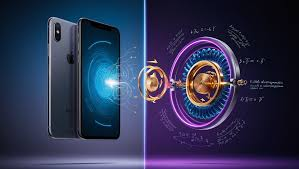
When you make a phone call, invisible radio waves carry your voice across towers, guided by wave propagation and signal modulation. Even the simple act of charging your phone involves a flow of electrons, the heart of electric current.
The internet that connects millions of Nigerians today depends on fiber-optic cables, which use light refraction to transmit information faster than ever before. Every ping, every video stream, every tweet rests on the laws of physics once discovered centuries ago but now embedded in our everyday convenience.
Technology, therefore, is not separate from science; it is its most visible face. Each tap, click, or scroll is science in motion.
Weather, Water, and the Nigerian Home
The unpredictable Nigerian weather from sudden heatwaves to heavy rains, follows patterns of atmospheric science. When dark clouds gather and thunder rolls, it’s electrostatic discharge between air particles. When humidity makes Lagos feel like a sauna, it’s the science of water vapor and air pressure.
Even our homes are micro-labs of science. A ceiling fan reduces body heat through convection, while refrigerator coils rely on refrigerant compression and expansion, an applied form of thermodynamics.
When we complain that NEPA “took light,” we are also acknowledging our dependence on energy physics, how electricity is generated, transmitted, and stored. Understanding these principles helps citizens grasp why power infrastructure matters and why sustainable energy isn’t just a buzzword, it’s a necessity for development.
The Social Science of Daily Life
Science isn’t only about physical laws. The way Nigerians interact, trade, and adapt also follows patterns studied in social sciences. For instance, market behavior reflects principles of economics and psychology. When traders adjust prices during scarcity, that’s the law of supply and demand in action.
Even our social media habits, what goes viral, what fades are rooted in data science and behavioral algorithms. Platforms track engagement to shape our attention, proving that human behaviour itself can be measured, studied, and influenced.
This human layer of science is critical because it connects knowledge with society. The more citizens understand the logic behind systems, the better they can question, improve, and reform them.
Education, Awareness, and the Future
Sadly, in many parts of Nigeria, science education remains underemphasized or poorly funded. Laboratories are outdated, and curiosity often gives way to rote learning. Yet, understanding the science of daily life could spark new generations of innovators, people who see opportunity where others see routine.
When students learn that the same chemical principle behind boiling rice is used in oil refining, or that the physics of light applies to solar power, science becomes relevant, not distant. It moves from textbooks into reality.
Countries that thrive today from built that success on scientific literacy. They taught citizens not just to use technology, but to understand it. Nigeria’s future depends on this same awakening, one supported by institutions like NASENI and NIMR, which promote research and innovation.
Seeing the Invisible
Science is not a subject; it is a lens. It changes how we see the world. When Nigerians begin to see the hidden science behind their lives, from cooking and commuting to working and resting, they become more informed, curious, and empowered.
We don’t need laboratories to experience science; we live it daily. Every drop of rain, every sound of traffic, every spark of electricity is proof that the invisible laws of nature are alive all around us.
And perhaps, by recognizing that, we’ll stop seeing science as foreign and start seeing it as part of who we are.
You may also like...
When Sacred Calendars Align: What a Rare Religious Overlap Can Teach Us

As Lent, Ramadan, and the Lunar calendar converge in February 2026, this short piece explores religious tolerance, commu...
Arsenal Under Fire: Arteta Defiantly Rejects 'Bottlers' Label Amid Title Race Nerves!

Mikel Arteta vehemently denies accusations of Arsenal being "bottlers" following a stumble against Wolves, which handed ...
Sensational Transfer Buzz: Casemiro Linked with Messi or Ronaldo Reunion Post-Man Utd Exit!

The latest transfer window sees major shifts as Manchester United's Casemiro draws interest from Inter Miami and Al Nass...
WBD Deal Heats Up: Netflix Co-CEO Fights for Takeover Amid DOJ Approval Claims!

Netflix co-CEO Ted Sarandos is vigorously advocating for the company's $83 billion acquisition of Warner Bros. Discovery...
KPop Demon Hunters' Stars and Songwriters Celebrate Lunar New Year Success!

Brooks Brothers and Gold House celebrated Lunar New Year with a celebrity-filled dinner in Beverly Hills, featuring rema...
Life-Saving Breakthrough: New US-Backed HIV Injection to Reach Thousands in Zimbabwe

The United States is backing a new twice-yearly HIV prevention injection, lenacapavir (LEN), for 271,000 people in Zimba...
OpenAI's Moral Crossroads: Nearly Tipped Off Police About School Shooter Threat Months Ago
ChatGPT-maker OpenAI disclosed it had identified Jesse Van Rootselaar's account for violent activities last year, prior ...
MTN Nigeria's Market Soars: Stock Hits Record High Post $6.2B Deal

MTN Nigeria's shares surged to a record high following MTN Group's $6.2 billion acquisition of IHS Towers. This strategi...


